What do we offer?
Student coaching and mentoring are critical components of educational support systems, aiming to enhance students’ academic performance, personal development, and career readiness. Here’s an overview of the approaches we use and how they are effectively implemented:
Coaching
Our coaching is a structured, goal-oriented process where a coach works with a student to improve specific skills or achieve objectives.
Key Elements:
- Goal Setting: Coaches help students set clear, achievable goals.
- Skill Development: Focus on developing specific skills, such as study techniques, time management, and exam strategies.
- Action Plans: Creation of detailed plans outlining steps to achieve the set goals.
- Regular Monitoring: Ongoing assessment and feedback to track progress and make necessary adjustments.
- Motivation and Accountability: Encouraging students to stay motivated and hold themselves accountable for their progress.
Implementation:
- Initial Assessment: Evaluate the student’s current skills, strengths, and areas for improvement.
- Personalized Plans: Develop customised coaching plans based on individual needs.
- One-on-One Sessions: Regular meetings between the coach and student to work on goals and address challenges.
- Workshops and Group Sessions: Offer workshops on common issues like stress management or study skills
- Progress Tracking: Use tools and techniques to monitor and report student’s progress.
Mentoring
Our mentoring is a more holistic approach where a mentor provides guidance, support, and advice based on their experiences and knowledge.
Key Elements:
- Building Relationships: Establishing a trusting and supportive mentor-mentee relationship.
- Role Modelling: Mentors serve as role models, demonstrating behaviours and attitudes that contribute to success.
- Guidance and Advice: Providing insights and advice on academic and personal issues.
- Long-Term Development: Focusing on the mentee’s overall growth and development over a longer period.
- Networking: Helping students build a network of contacts that can support their academic and career aspirations.
Benefits
For Students:
- Improved Academic Performance: Targeted help in areas of difficulty.
- Enhanced Personal Development: Development of soft skills like communication, leadership, and resilience.
- Career Readiness: Guidance on career choices, applications, and professional behaviour.
- Increased Confidence: Support and encouragement boost self-esteem and confidence.
- Better Problem-Solving Skills: Learning to navigate challenges independently.
For Institutions:
- Higher Retention Rates: Students are more likely to stay and succeed.
- Positive School Culture: Fosters a supportive and collaborative environment.
- Improved Student Outcomes: Better academic results and personal growth.
- Enhanced Reputation: Demonstrates commitment to student success and well-being.



